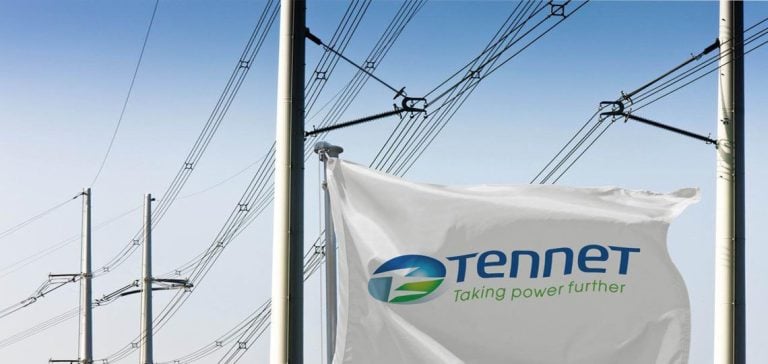The Dutch government is stepping up its financial support for power grid operator TenneT, announcing an additional loan of €19 billion for the years 2025 and 2026.
This decision comes at a time when TenneT is facing growing investment needs to ensure the expansion of its electricity network.
The loan is intended to guarantee the continuity of the investments needed for the energy transition, a crucial issue for the Netherlands and Europe as a whole.
The loan is in two parts: €2 billion for 2025 and €17 billion for 2026.
The Dutch government stresses that this aid is essential to give TenneT and the market the certainty of continued investment in the power grid.
This certainty is seen as key to the success of the energy transition, an objective that the Dutch government considers a priority.
Indeed, the financial support comes on top of an earlier loan of 25 billion euros granted for the years 2024 and 2025, testifying to the state’s ongoing commitment to TenneT.
Background and financial issues
The decision to lend additional funds to TenneT follows the failure of a plan for Berlin to take over the operator’s German subsidiary.
This project, which seemed on the verge of success, was compromised by budgetary constraints in Germany, exacerbated by a ruling of the Federal Constitutional Court.
The latter left a €60 billion hole in the German budget, provoking an unprecedented crisis.
Against this backdrop, the Dutch government has made it clear that it does not wish to use Dutch taxpayers’ money to finance the German part of TenneT.
The Dutch government has also made it clear that it is considering other structural solutions to meet TenneT Germany’s capital requirements.
Among the options under consideration, the participation of private investors is seen as the best solution.
This could take the form of a private share issue or an IPO, discussions on which are scheduled for the coming months.
Implications for the energy transition
The Dutch government’s financial support for TenneT is seen as fundamental to the energy transition.
The government stresses the importance of guaranteeing ongoing investment in the electricity grid, in order to meet the growing demands of decarbonization.
The energy transition requires robust, adapted infrastructures capable of handling an increase in renewable energy production and meeting growing demand.
In this context, the Dutch government states,
“This loan is necessary to give TenneT and the market the certainty to continue the necessary investments in the electricity grid, so that the plans can be implemented over the next two years.”
This statement underlines the importance of long-term planning and adequate financial support to achieve sustainability goals.
Future prospects
As the decision on the shape of the company scheduled for spring 2025 approaches, TenneT’s financial and structural issues remain crucial.
The Dutch government seems determined to maintain control over TenneT’s financing in the Netherlands, while exploring solutions for the German subsidiary.
The search for private investors could offer a viable alternative to strengthen TenneT’s position in the European market.
The forthcoming discussions on TenneT Germany’s financing structure will be decisive for the company’s future.
TenneT’s ability to attract private capital could influence not only its financial stability, but also its ability to play a key role in Europe’s energy transition.
Industry players should therefore keep a close eye on these developments, which could have a significant impact on the European energy landscape.






















